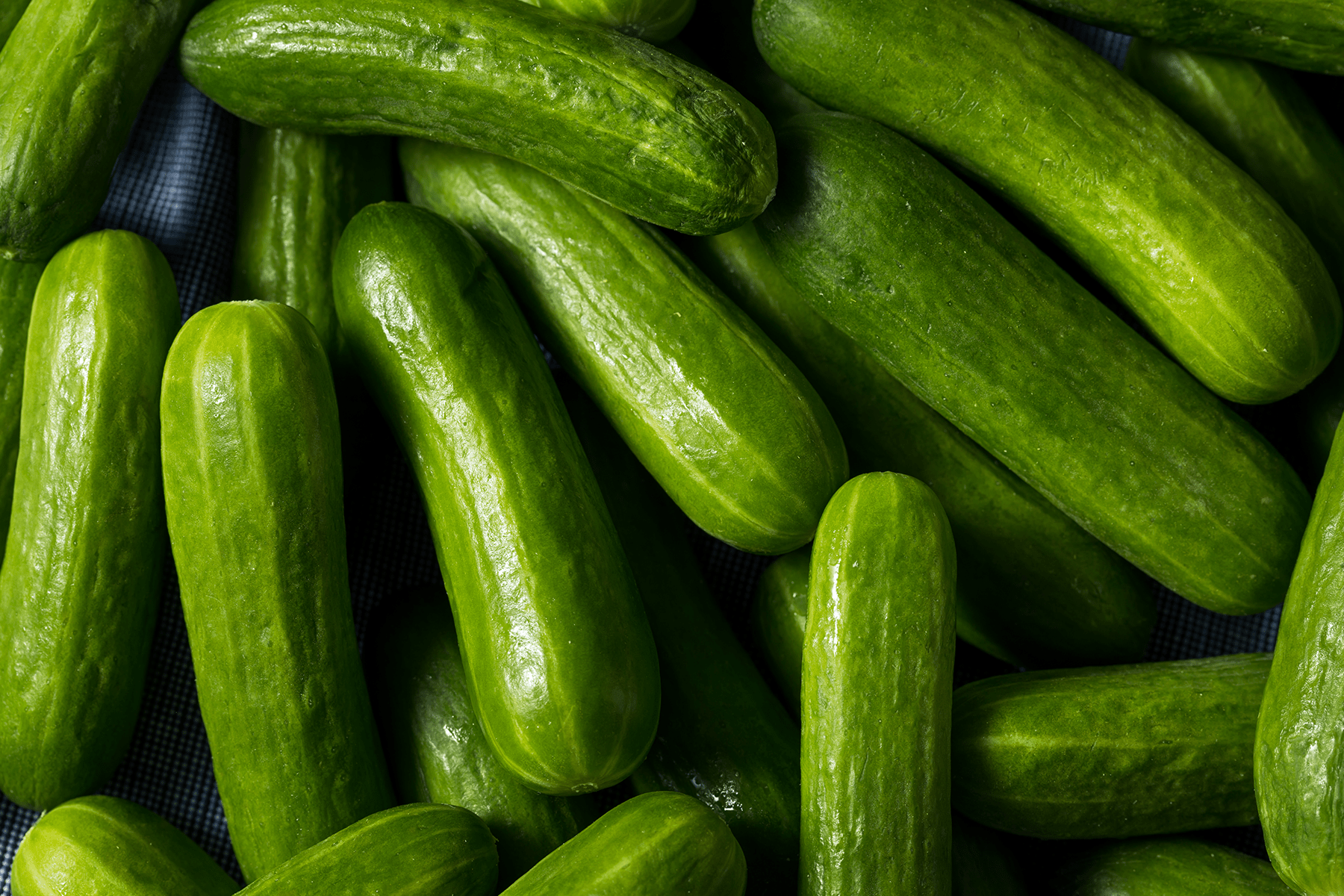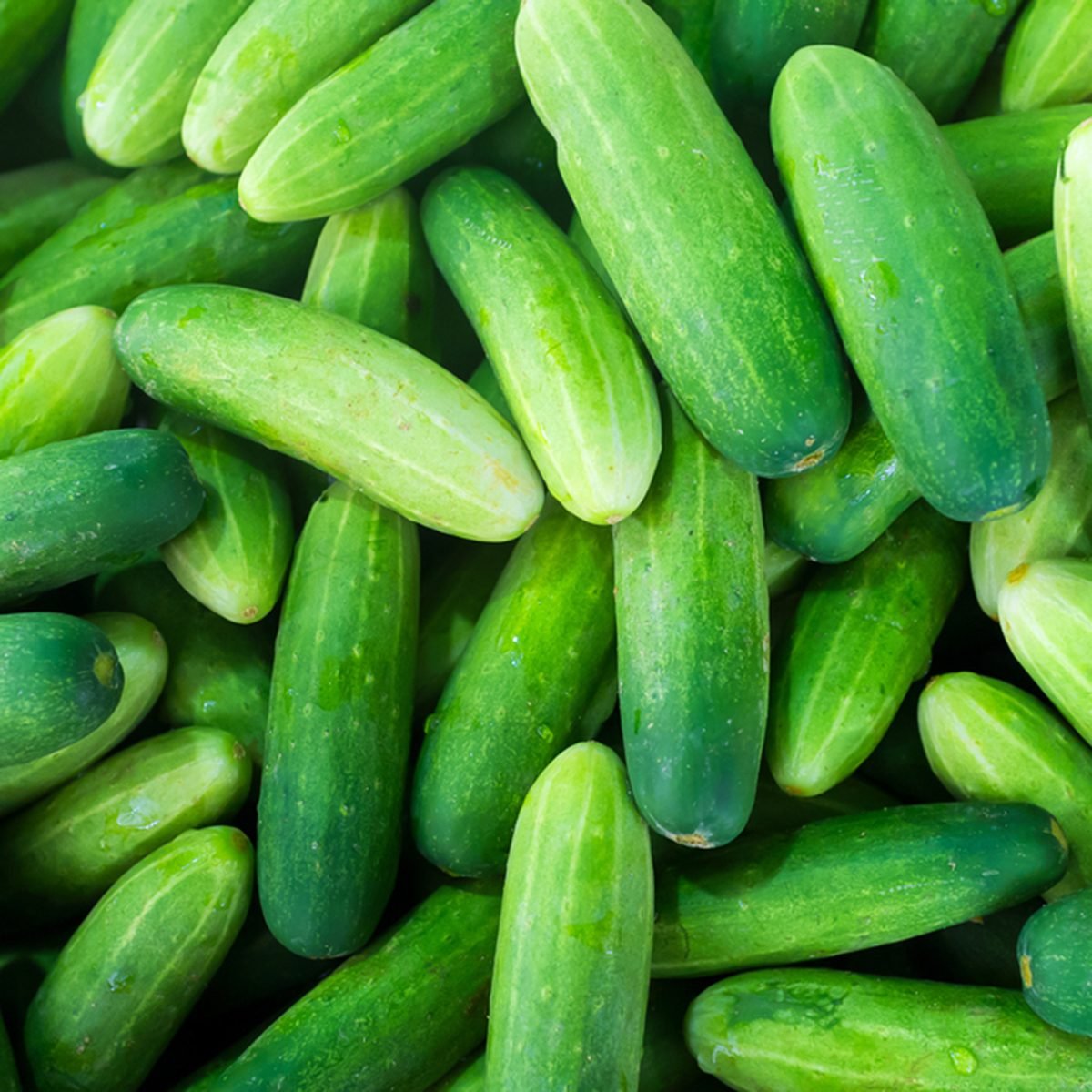Food Items Linked to E. coli Outbreak

E coli outbreak uk what is the food item – The E. coli outbreak in the UK has been linked to several food items. These include:
- Pre-packaged sandwiches
- Salads
- Cucumber
- Lettuce
- Tomatoes
The potential sources of contamination for these food items include:
- Contaminated water used in irrigation
- Unsanitary conditions during harvesting or processing
- Cross-contamination with other contaminated food products
Common characteristics or factors that may have contributed to the contamination of these food items include:
- The use of raw or undercooked ingredients
- Inadequate food handling and storage practices
- Lack of proper hygiene and sanitation
Impact of E. coli Outbreak on Food Industry: E Coli Outbreak Uk What Is The Food Item

The E. coli outbreak in the UK has had a significant impact on the food industry. The outbreak has led to a loss of consumer confidence in the food industry, and has resulted in a number of food recalls and product withdrawals.
Food manufacturers and retailers have taken a number of measures to prevent further contamination, including increasing the frequency of cleaning and disinfection, and implementing new food safety protocols. However, the outbreak is likely to have a long-term impact on consumer confidence in the food industry.
Loss of Consumer Confidence
The E. coli outbreak has led to a loss of consumer confidence in the food industry. A recent survey found that 60% of consumers are less likely to eat meat products after the outbreak.
This loss of confidence is likely to have a significant impact on the food industry. Food manufacturers and retailers are likely to see a decline in sales as consumers become more cautious about what they eat.
Food Recalls and Product Withdrawals
The E. coli outbreak has led to a number of food recalls and product withdrawals. These recalls have been necessary to prevent further contamination and to protect public health.
The recalls have been disruptive to the food industry, and have resulted in financial losses for food manufacturers and retailers. However, the recalls have been necessary to protect public health.
Long-term Impact
The E. coli outbreak is likely to have a long-term impact on consumer confidence in the food industry. Consumers are likely to become more cautious about what they eat, and may be less likely to purchase meat products.
This loss of confidence could have a significant impact on the food industry. Food manufacturers and retailers need to take steps to restore consumer confidence in the food industry. These steps include increasing transparency about food safety practices, and implementing new food safety protocols.
Prevention and Control of E. coli Outbreaks

Preventing and controlling E. coli outbreaks in the food industry is crucial for safeguarding public health. A comprehensive approach involving food safety practices, government regulations, and consumer education is essential to minimize the risk of contamination and ensure the safety of food products.
Food Safety Practices, E coli outbreak uk what is the food item
Implementing rigorous food safety practices is paramount in preventing E. coli contamination. This includes:
- Proper Hygiene: Maintaining personal hygiene, including handwashing, wearing protective gear, and sanitizing surfaces, is essential to prevent cross-contamination.
- Temperature Control: Controlling food temperatures during storage, preparation, and transportation is crucial to inhibit bacterial growth. Proper refrigeration and cooking techniques must be followed.
- Traceability: Establishing a robust traceability system allows for the identification and rapid recall of contaminated products, minimizing the spread of outbreaks.
Government Regulations and Inspections
Government regulations play a vital role in ensuring food safety. These regulations establish standards for food handling, processing, and distribution. Regular inspections by regulatory agencies help enforce these standards and ensure compliance.
- HACCP (Hazard Analysis and Critical Control Points): HACCP is a preventive food safety system that identifies and controls potential hazards throughout the food production process.
- GMP (Good Manufacturing Practices): GMPs Artikel the minimum requirements for food manufacturing facilities, including sanitation, equipment maintenance, and personnel training.
- FSMA (Food Safety Modernization Act): FSMA is a comprehensive U.S. law that aims to enhance food safety by focusing on preventive controls and risk-based inspections.